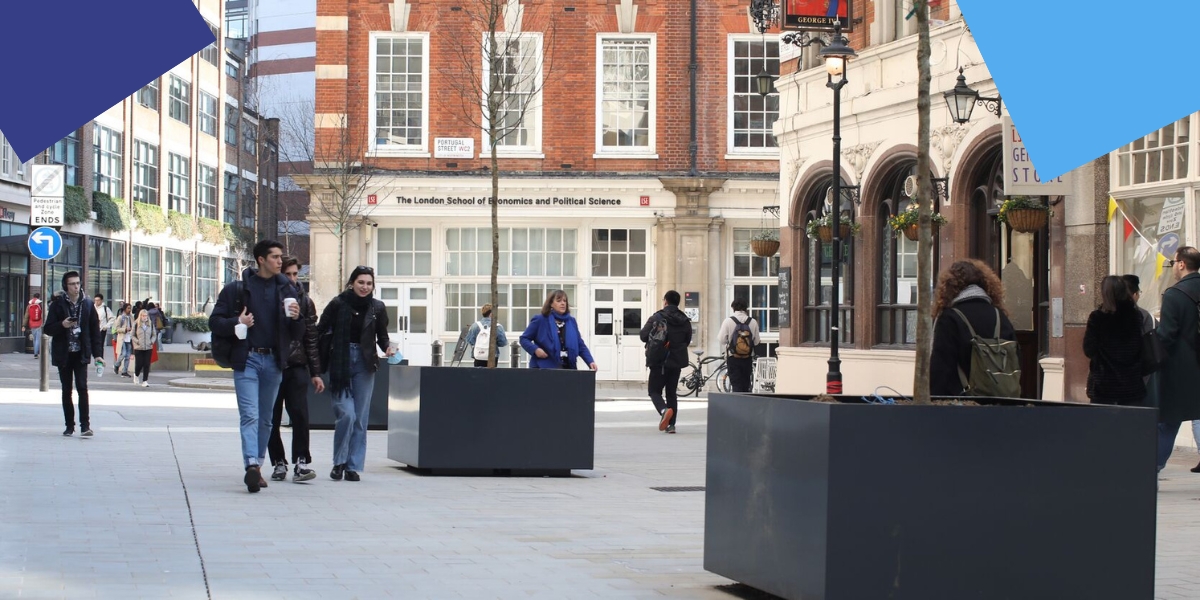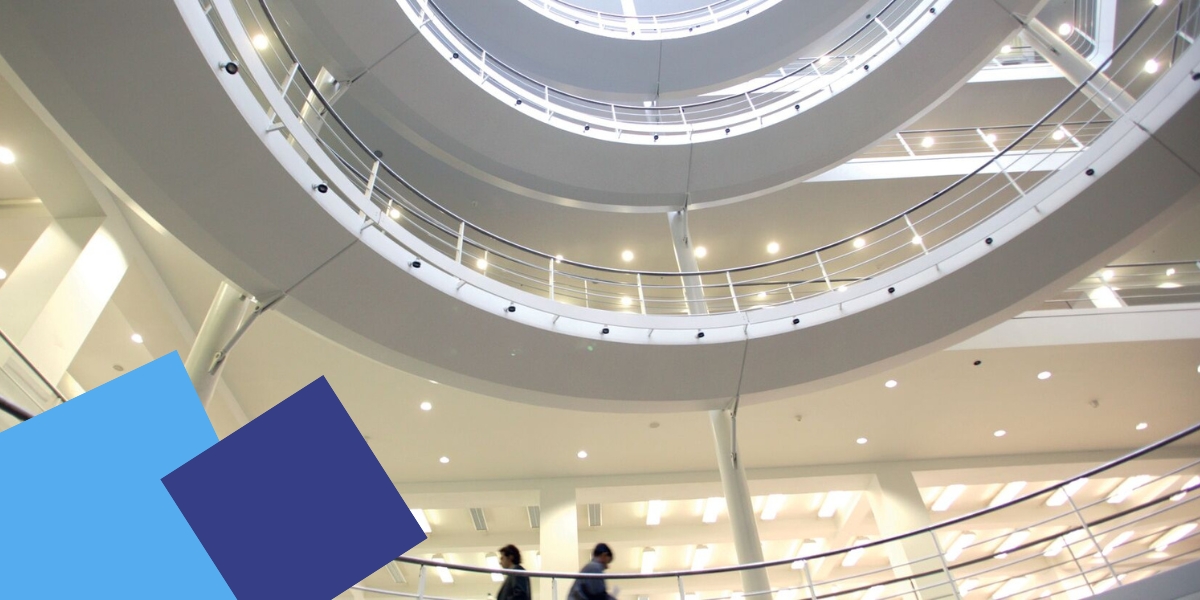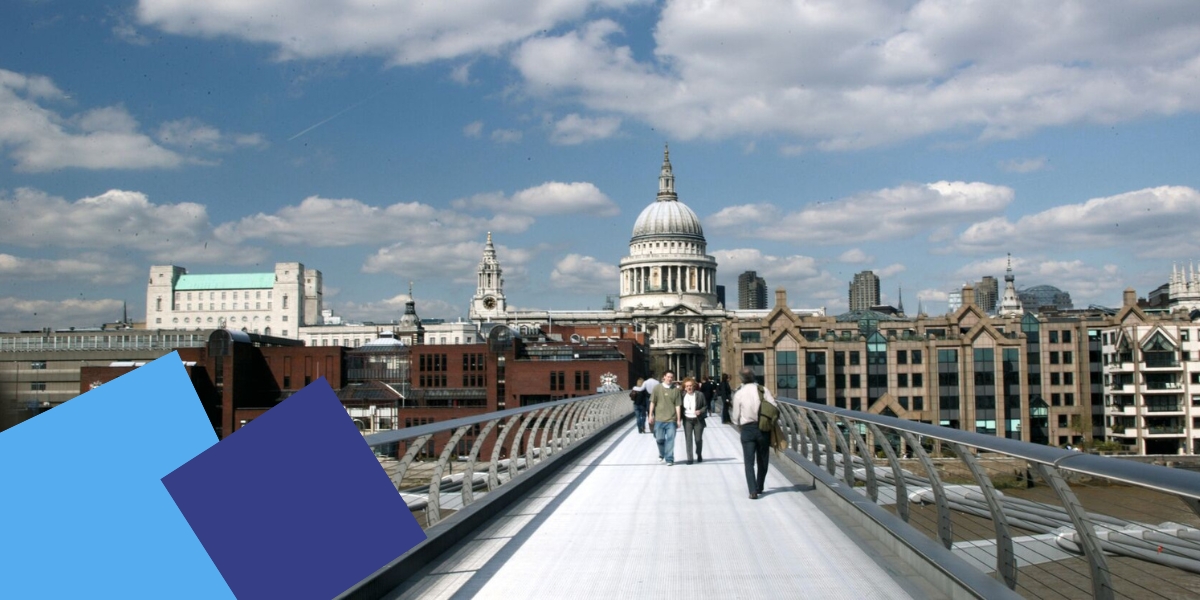Before joining the European Institute at LSE, I spent the first years of my career in Washington, advising clients across international organisations, national governments, and multinational corporations on international issues. That’s the experience and planned trajectory I had going into my MSc in Culture and Conflict in a Global Europe.
But a different interest emerged while I was spending my days studying the role of memory in European politics and public opinion on European integration – in a turn that didn’t make sense to me at the time, I found myself consistently starting out my day poring over the latest news from Meta rather than updates from Brussels.
After finishing my exams and sending off my dissertation, I moved to Berlin to join Trilligent, a consultancy focused on providing strategy, policy, and communications support to emerging tech and start-up clients – certainly not the work I imagined myself doing when I started at LSE. With time, I came to realise that even though the connection between my studies and my work with Trilligent didn’t initially seem connected, I was constantly thinking about the varying cultures of innovation across European countries and how that can be in conflict with growing efforts to regulate technology at the EU level.
This realisation came in two forms. First, our technology (from social media to AI to the metaverse) is only as good as its human inputs. That’s where the intersection of politics and tech comes into play – it’s our responsibility to critically reflect on how biases, hate speech, and other negative forms of human behaviour manifest through our technology. Studying these questions at LSE made it possible to see them clearly reflected in the tech landscape that surrounds us.
Secondly, even more than theories on political systems and European integration, my time at LSE taught me to think critically and deeply, always looking for the dots waiting to be connected. My work with Trilligent focuses on pan-European policy campaigns, with an emphasis on researching the ways we talk about things like AI and the metaverse – often connected to the culture and conflict I studied at LSE. For example, when we’re advising clients on how to present themselves, in front of investors or policymakers, “culture and conflict” is something we think about differently in, say, France versus Poland, with an eye on things like scepticism and concerns unique to each market.
Surprisingly enough, some of this work mirrors pretty closely the discourse analysis I did for my dissertation. My paper looked at the prevalence of European and EU “supranational branding” in Bulgarian discourse around European elections. Though the themes in my work are always changing, the approach remains the same: seeing clearly the topic at hand, pinpointing the important voices, and identifying how we can get to them and make ourselves understood.
It’s a cliché, but my time at LSE was easily the most challenging and fun period of my life, and I would go back in a heartbeat. A truly special place with truly special people!





